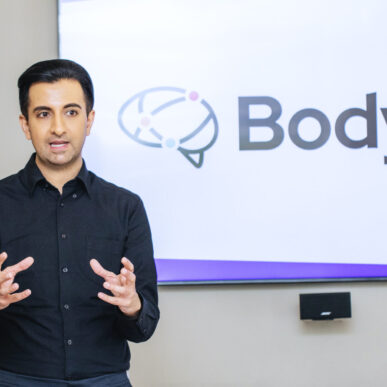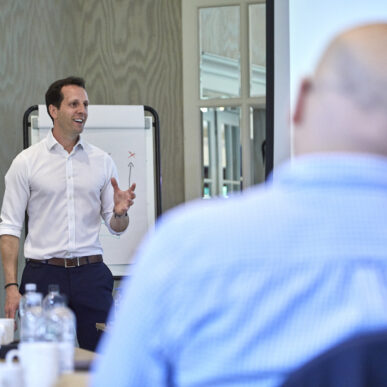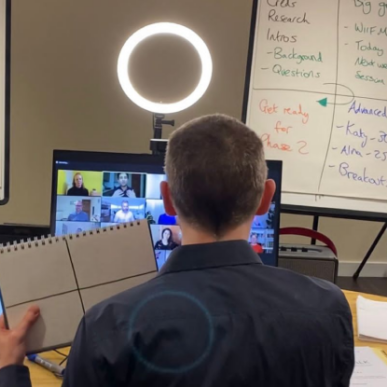BBC Radio Interview
Last week I was on BBC Radio, discussing Ed Miliband’s speech at the Labour Party Conference. As you may have read, he spoke without notes, without a lectern and sadly, as a result, without mentioning some critical points.
The question I was asked by the BBC was, “Is it a bad idea to speak without notes and just rely on style over substance?”
If you have spent any time working with us you will know:
- We advise against people using lecterns, for most situations. They create a solemn, formal barrier between you and the audience, so unless that’s the feeling you want to create, avoid them.
- We also emphasise that you must have both style AND substance! Neither will succeed in engaging your audience without the other.
The problem is that most people spend all of their time thinking about what to say, without any thought on how to say it. Many politicians have delivered perfectly scripted speeches, containing all of their critical points, but nobody bothered to listen to due to a boring delivery.
It’s worth noting, that in 2007 the Daily Telegraph reported that David Cameron had delivered an outstanding speech at the Conservative party conference, which was especially good because he gave this without notes or a lectern.
Frank Luntz, a political consultant who helped Cameron win the leadership, stated in the article “Could you imagine Gordon Brown doing that?”
Back then we couldn’t. Brown’s speeches before his election defeat seemed stilted and forced.
However, did you see Gordon Brown’s speech a couple of week’s ago for the ‘Better Together’ campaign? (You can watch the video here). Many saw this as pivotal in the success of the ‘no’ vote. His passion was captivating and his style was inspirational. What would have happened in the 2010 election campaign if he had spoken with this level of energy and heart? He would have seemed a more convincing leader of the nation.
The great difference between these three note-free, lectern-free speeches is simply that the ones given by Cameron and Brown included all of the critical points. Miliband’s did not.
So, how do you avoid this? If you are familiar with our PRO scripting formula you will already know that you can remember an important presentation or speech from just a few trigger words. The most important things to do are:
- Create a compelling, story-telling journey that is easy for you and the audience to follow
- Reduce your script down to a few trigger words that will remind you of the most important points (even Obama uses this technique, according to his long-term speechwriter, Jon Favreau)
- Write these trigger words big enough that you can read them from two metres away. This means you can glance back at the podium, a monitor or even the floor (a technique used by many motivational speakers) to remind yourself of the critical elements.
To learn more about how we can help you please contact our team.





















